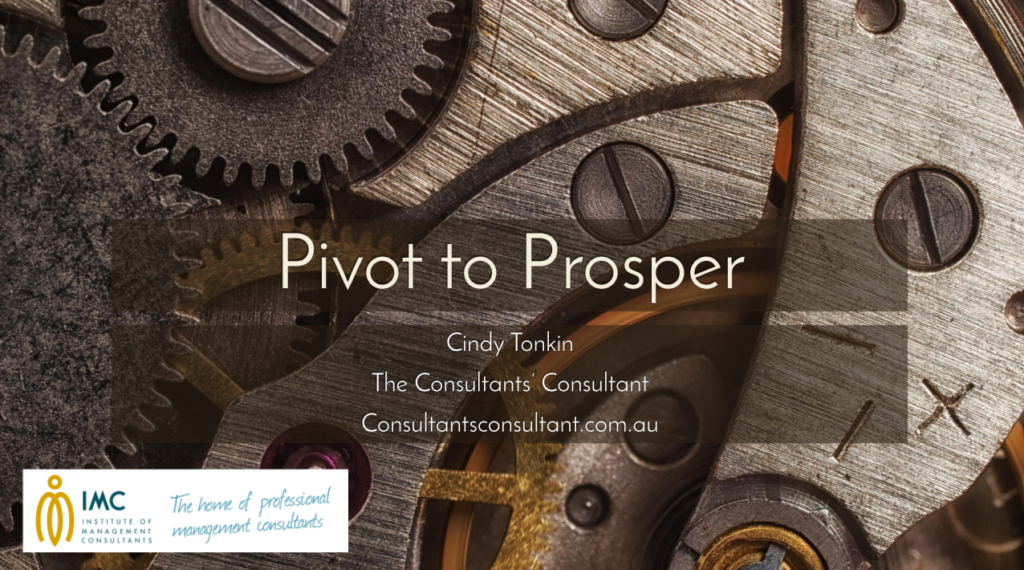I’m updating my Asking Great Questions / Excellent questions program. Here are some key ideas related to questions.
Talk to me if you’d like to have this program in-house.
This is NOT an article, it’s a series of important ideas related to questions (so don’t look for a cohesive reasoned narrative, please!)
Softening questions: pacing and leading
You can only ask questions if you first have rapport. Without it you’re struggling against their instinct to not help you.
Here’s a link to video and articles on how to pace and lead.
Ask questions because all meaning is contextual
Listening to this TED talk about African engineers designing things that make for better health outcomes in Africa. Tania Douglas talks about the importance of
designing for empathy not for functionality
If we just give a client what they ask for without understanding the context we risk giving them an incomplete or even sometimes dumb solution. So we need to ask questions, especially questions about context.
- Click here to read some questions you may want to ask about context
- And follow this link to get the 5 whys / Root Cause analysis, which looks past symptoms to cause of problems.
Keep the phone out of sight
This study found that just having your phone on the table next to you (not even beeping) reduced your attention and therefore your IQ by 5%. Because the sound of a phone beeping is:
high-priority (relevant and salient) stimuli
It’s similar to hearing the sound of your own name. It takes a big slot of the available attention.
individuals who hear their phones ring while being separated from them report decreased enjoyment of focal tasks as a consequence of increased attention to phone-related thoughts… Forced separation from one’s ringing phone can also increase heart rate and anxiety and decrease cognitive performance…
a visually salient cellphone can impair performance on tasks requiring sustained attention by eliciting awareness of the “broad social and informational network … that one is not part of at the moment.”
Listening and questions
This TED talk (called Why you don’t like the sound of your own voice!):
When you speak your brain shuts off the auditory cortex: so you hear your words but you’re not listening.
Questions and Leaders
This Tim Ferriss podcast with Frank Blake, former CEO of Home Depot.
I sat with Jack Welch. He asked me to explain my org chart. We spent a day talking through it. He just asked questions.
Ask “Hey, what’s going wrong with project x?” and they’ll tell you, ask “is everything going well?” and they won’t
Do “anxiety transfer” delegation – delegate the things you’re worried about so that you know someone will ensure it’s ok
as CEO of Home Depot with 35,000 staff, he hand wrote 200 thank yous every Sunday
It’s worth having a second meeting
Why you should delay responding to negotiate better outcomes





